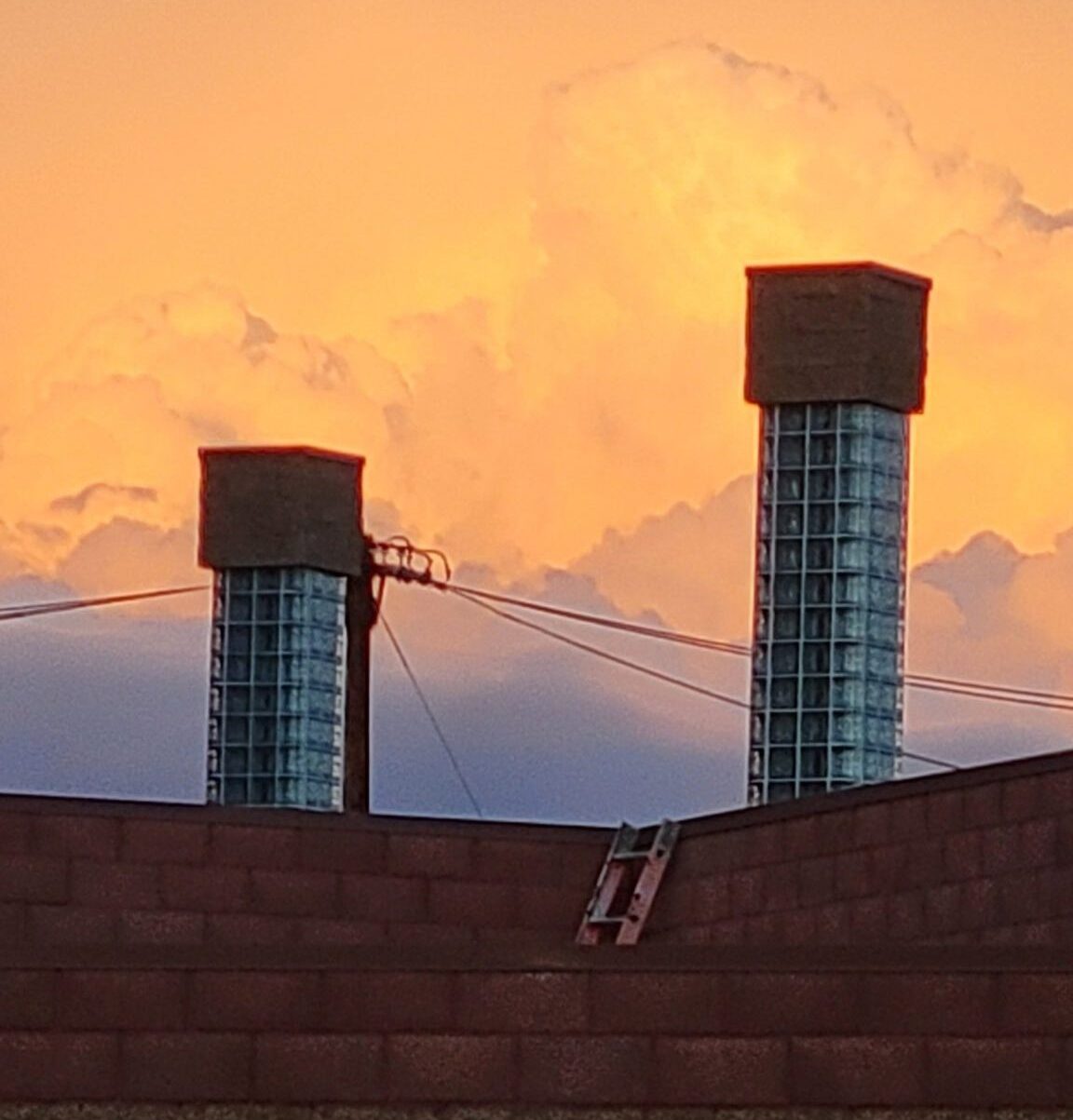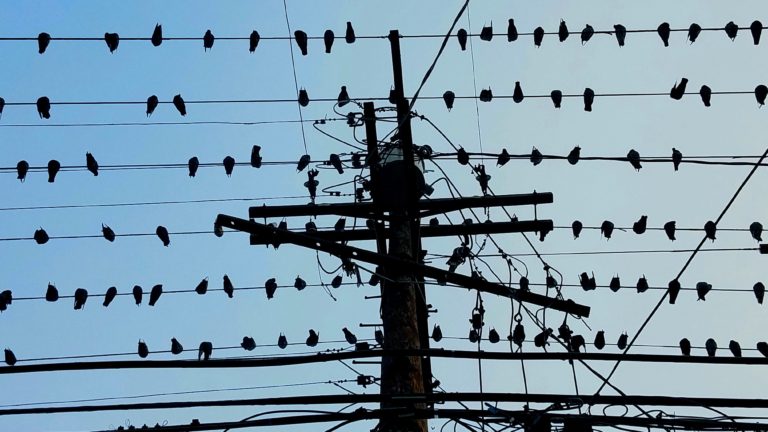Zary Fekete – Flash Fiction
Balazs steps forward and introduces me. I tentatively reach out my hand, and his father shakes it with the instant...

Budapest Balazs
We arrive to Balazs’s neighborhood after about 20 minutes of driving. It has quite standard 13th district Hungarian dwellings, towering 70’s and 80’s era communist block housing, patchwork quilts of lives stacked on top of one another in prefabricated concrete patterns. I park the car and there’s an awkward pause. I’m expecting him to get out. But he reminds me that I need to meet his father. This was the part of the conversation from earlier that I hadn’t quite understood.
“Why do I need to meet him?”
For the first time that night Balazs pauses. His body, skinny even for a 16 year old, twitches with nervous energy. He says, “You see. If you meet my father then he will know who you are and then he will allow me to visit your coffee shop again on another Friday night.”
This makes complete sense to me, and a moment later we are in a cramped metal elevator slowly creaking its way up to Balazs’s apartment on the 6th floor. The elevator clanks to a halt, Balazs produces a key, and then I’m inside his home.
The apartment is filthy. The entryway is stacked with bricks and cement (Balazs’s father is a masonry worker). There is a dark hallway that leads off to the left. The kitchen is on the right, dimly lit with a single bulb. His father is standing in the kitchen, naked except for a pair of briefs and a stained t-shirt, making porkchops on an ancient skillet and filling the kitchen with smoke. Every surface is covered with unwashed plates, sticky forks, and buzzing flies.
Balazs steps forward and introduces me. I tentatively reach out my hand, and his father shakes it with the instant comradery that comes from living shoulder to shoulder with ones’ neighbors in the blue-collar districts of Budapest.
Balazs turns back to me with a smile and says, “Do you think it will do?”
I’m uncertain, “What do you mean?”
Balazs’s grin doesn’t fade. He says, “Next Friday. Could we invite everybody over here after the coffeeshop closes? I’d like to host an after-party.”
Immediately I am trying to picture all of the students who usually come to our Friday night coffeeshop fitting into this tiny, wretched kitchen. I realize that this is Balazs’s way of being generous. I also can’t stop thinking about the flies. I want to save face for him and to avoid embarrassment for me.
I say, “Is there a bigger room? Somewhere with more space?” (And cleaner…I’m hoping.)
Balazs says, “There are three other rooms. But the other three families live there. Won’t this do?”
He says this matter-of-factly with a hint of shy confession. And, the moment he says it I suddenly notice the two dirty mattresses that are stacked in the corner of the kitchen…or rather I should say, the kitchen/bedroom where Balazs and his father eat and sleep. I look back at Balazs and see complete joy and hope in his eyes.
I say, “This will do.”



